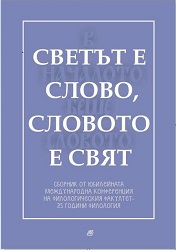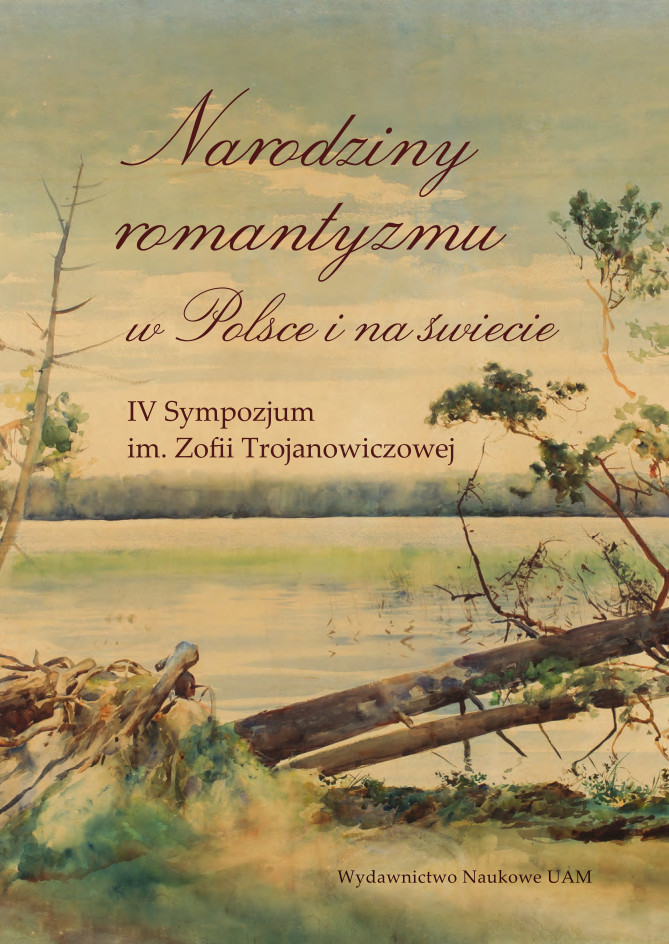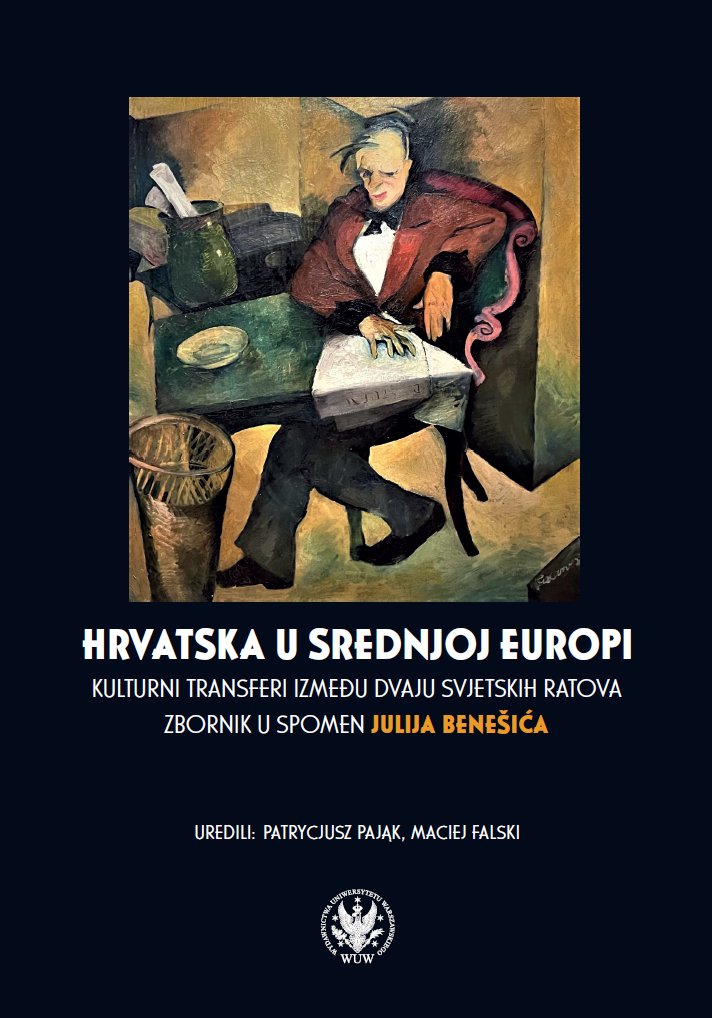Author(s): Dragan Damjanović / Language(s): Croatian
Publication Year: 0
The disintegration of Austria-Hungary marked the end of not only political but also cultural and economic ties that existed for centuries on the territory of the Danube Monarchy. The break was reflected in the field of architecture as well, which can be particularly clearly seen in the change in the place where Croatian architects were educated. Until 1918, the main place architects were educated was Vienna, primarily the Technische Hochschule and/or the Academy of Fine Arts. Less often, even though Croatia was part of the eastern, Hungarian part of the Monarchy, Croatian architects went to Budapest to study, primarily because of the language barrier. Alternately, a limited few sought instruction in other Central European universities situated in Prague, Karlsruhe, Munich, and beyond. After 1918 and the establishment of the Kingdom of Serbs, Croats, and Slovenes, not a single important Croatian architect will be educated in Budapest, and Vienna also becomes less and less important as a place of education (it retains a certain reputation only in the 1920s). On the other hand, key new cultural centres of interwar Europe are gaining increasing importance: Berlin, Dresden, Prague and sometimes Paris. The change in the place of education also leads to a strengthening of the influence on Croatian architecture from Germany, Czechoslovakia, and France. Expert architectural magazines, monographic publications and architectural exhibitions from these areas are becoming a key dissemination channel, along with the place of education. The change in the state framework had a strong impact on the dissemination of ideas with other areas within Yugoslavia too. There is a strong influence of Ljubljana, where one of Europe’s most important architects of the first half of the 20th century, Jože Plečnik, works, and Belgrade, due to the role of this city as the political centre of the country. Since Zagreb was the most important economic, cultural, and educational centre in the country immediately after the foundation of the Kingdom of Serbs, Croats and Slovenes, Zagreb’s architectural scene had a stronger influence on Belgrade’s than Belgrade’s on Zagreb’s. Thanks to the establishment of the Technical High School in Zagreb in 1919, many future architects, not only from Croatia but also from other parts of Yugoslavia, completed their studies there, making this city an important place for the dissemination of new trends in architecture in the rest of the new country. Finally, in contrast to the situation in Belgrade, Russian architects who immigrated to Yugoslavia had only a minor influence on events in Croatian architecture. The aim of this paper is to show how the change of borders in 1918 was reflected in the architecture of Zagreb. The general characteristics of Croatian architecture of that period, its stylistic diversity and main protagonists are presented, as well as how the influence of the state and local authorities was reflected in the architectural production. Events in the field of architecture are contextualized with the broader political and social situation.
More...




